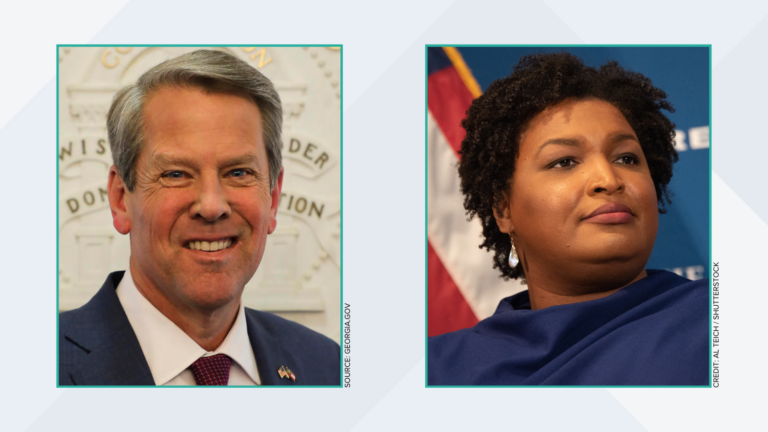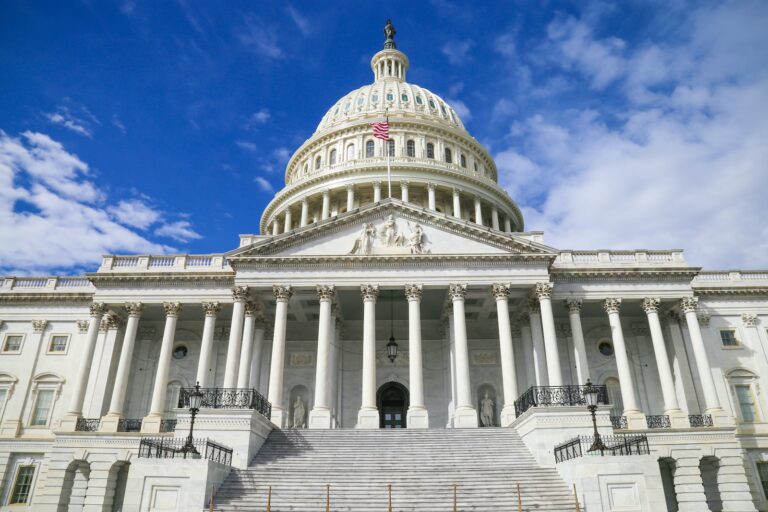As election day draws closer, the Georgia candidates for governor recently met for their first televised debate. Republican incumbent Gov. Brian Kemp and Democratic nominee Stacey Abrams have touched extensively on education, both in the debate and in their campaigning. But the liveliest statewide race in Georgia that deals with education issues may not be the one for governor, but for state school superintendent.
Alisha Thomas Searcy, the Democratic nominee for state superintendent and a former state representative, is vocally supportive of public charter schools and backs tax credit scholarships. In response, the Georgia Association of Educators, the state affiliate of the National Education Association teachers union, endorsed her opponent, Republican incumbent Richard Woods – the only Republican candidate they backed in the state’s elections.
School choice has not been a prominent theme for Abrams – who promised to oppose private school tax credits and vouchers – nor for Kemp, who has been largely quiet on the issue.
Abrams’ extensive education policy platform centers around a boost for teacher pay, raising the base salary to $50,000 from $39,092 and the average teacher salary to $73,500 from $62,500. Her agenda includes a number of other investments, from providing universal pre-K to increasing mental health services in schools and funding need-based scholarships for students pursuing higher education, and much more.
Asked in the debate how she would fund her proposals, Abrams replied: “Georgia is sitting on a 6.6 billion surplus… I want to invest it in our children and in our families.”
Kemp, who delivered on a 2018 campaign promise to raise teacher pay by $5,000, has focused his education proposals on budget recommendations to help students to recover from pandemic learning loss, recruit more school counselors, and build the teacher workforce. He has also pledged to propose new school safety measures.
Abrams has promised to repeal a bill Kemp signed into law last April that creates an oversight committee to determine how transgender students may participate on sports teams and issues guidelines for teachers on broaching “divisive issues” in the classroom. But Kemp told the Professional Association of Georgia Educators, a nonpartisan teachers group: “I have also been clear that Georgia’s classrooms should be free of divisive ideology and a place where students can learn how to think, not what to think. In the last year, we have taken steps to ensure that is the case in Georgia, and I will continue to do so as governor of our state.”
Read more in “In Georgia, Candidates for Governor Clash on Education Issues,” published in Education Next on October 26, 2022.




